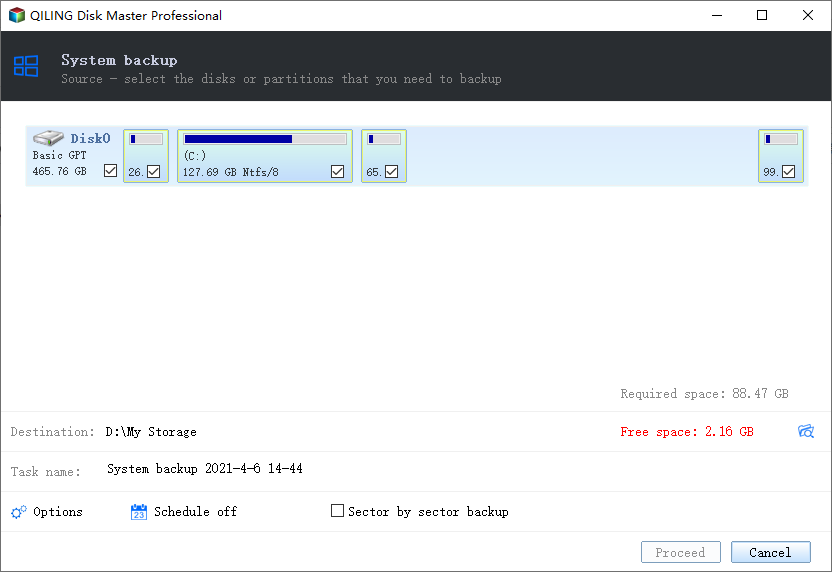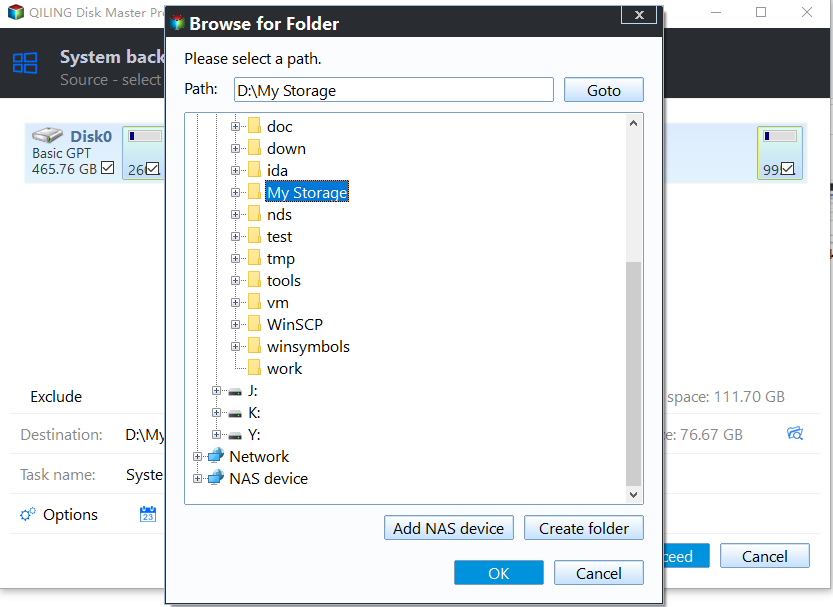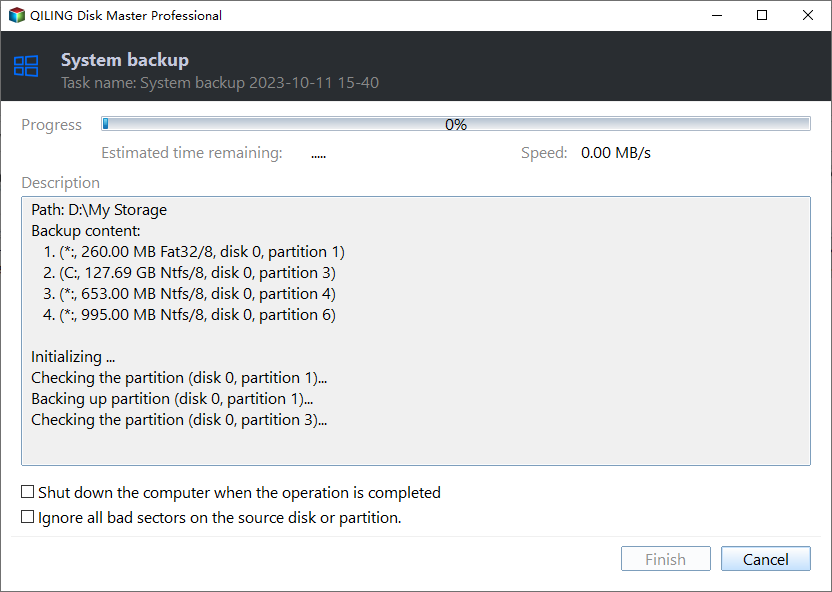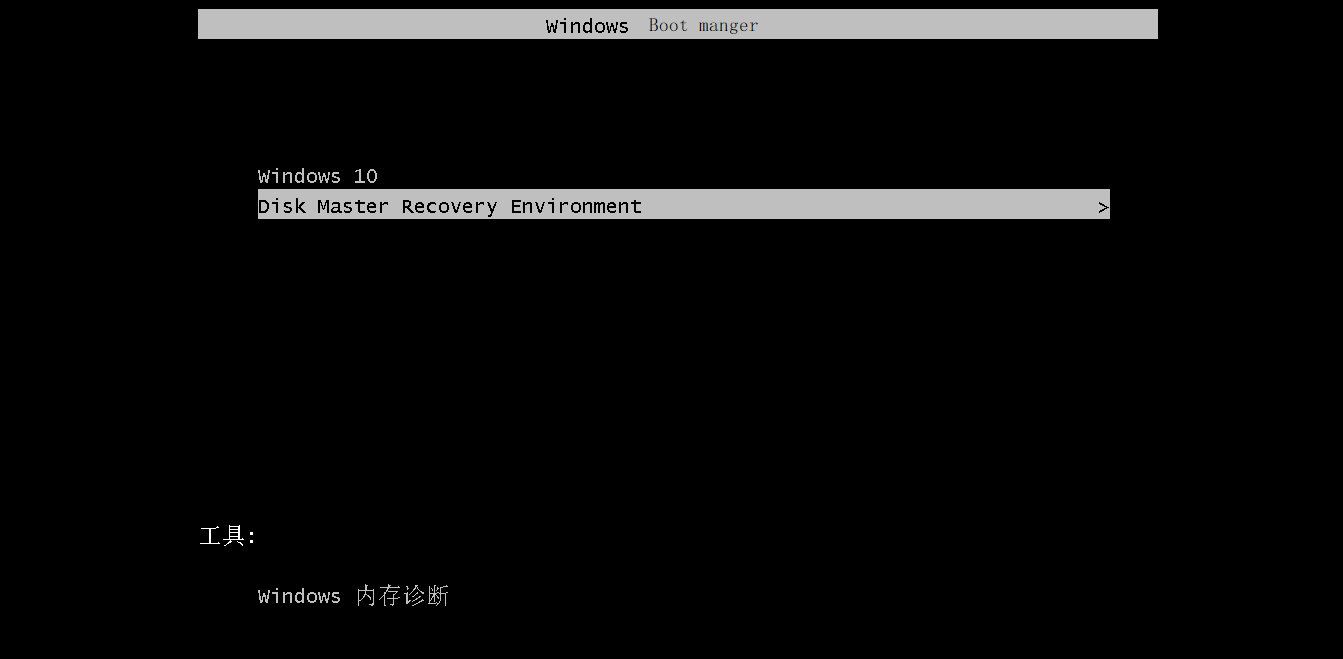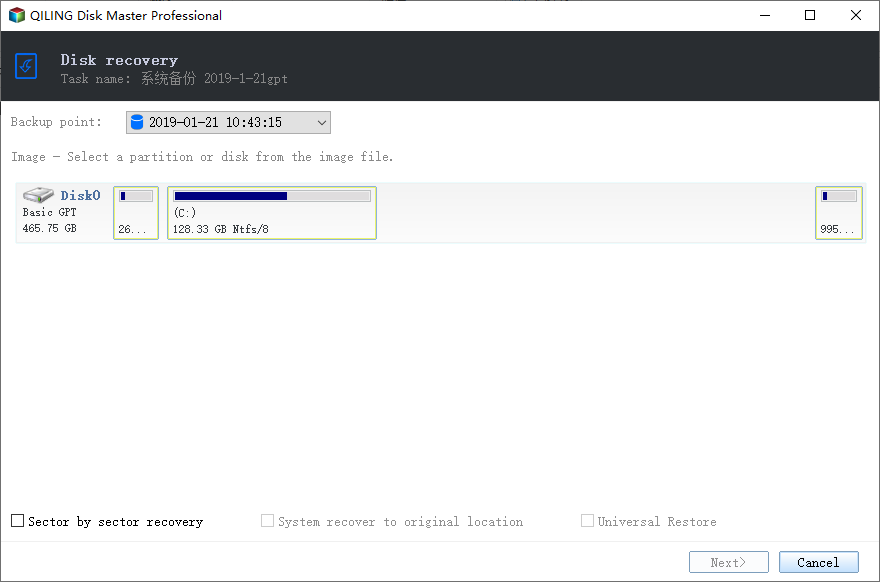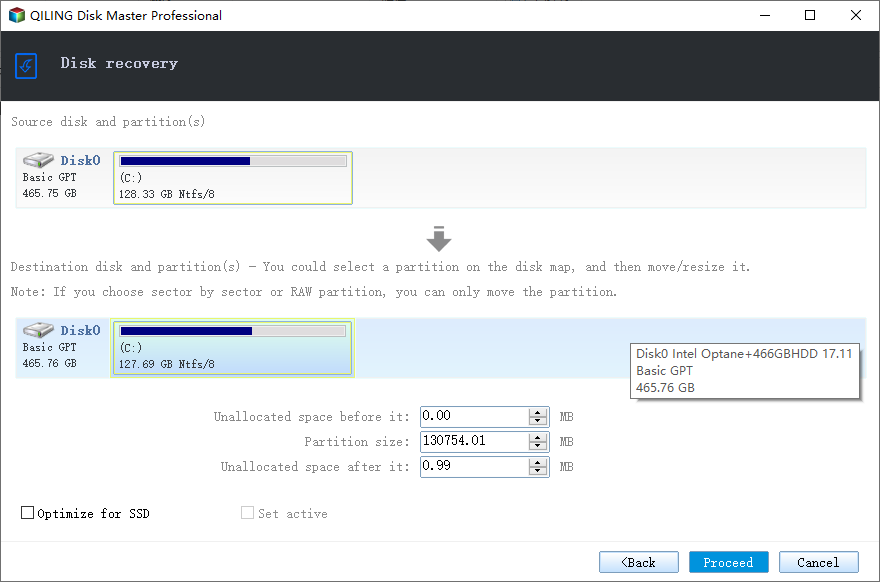Easiest Way to Create Bootable Hidden Recovery Partition for Windows 7
Need to create hidden recovery partition for Windows 7
You can create a hidden recovery partition on your Windows 7 laptop by following these steps: create a system image of your current Windows 7 installation, then use a tool like EaseUS Todo Backup or Acronis True Image to create a bootable USB drive or CD/DVD that can restore your system to that image. You can then configure your laptop to boot to this recovery environment by assigning a specific key (e.g. F11) to trigger the recovery process. This way, you can easily restore your system to a clean state in case of malware or virus issues.
To reset your Windows computer to a previous state, you can create a hidden system recovery partition, similar to those found on Lenovo, Toshiba, Samsung, and Sony Vaio laptops. This partition will allow you to restore your system to a specific point in time, including the Windows environment you've configured. You can create this partition using the built-in Windows tool, System Restore, or by using a third-party software like AOMEI Backupper or EaseUS Todo Backup. These tools will help you create a recovery point that can be used to restore your system to a previous state, including the Windows environment you've configured.
Regardless of the reason, users from around the world are likely curious about the easy and reliable way to create a hidden restore partition.
What does Windows bring to you?
One-Windows has a feature that allows users to recover their computer to its previous system state, providing a key recovery solution that saves the hassle of reinstalling the operating system. This feature can be accessed through a roundabout method, offering a convenient way to revert the computer to its earlier state.
To create a system image, you use the Windows 7 Backup and Restore utility to create a system image and a system rescue media at the same time. The image can be stored on an internal hard drive, network path, or external hard drive, as long as it's accessible when you need to restore it. Then, you can use a bootable media, typically a Windows installation disc, to restore the image and return your system to its previous state.
The method for creating a system image is a bit complicated and some users have reported issues with system restore not working in Windows 7, making it a less recommended approach. Fortunately, you can create a bootable system install partition using just a few tools, which is a simpler alternative.
Create system installation partition for Windows 7 in an easy way
To prepare for a clean Windows 7 installation, you'll need to create a 3GB to 4GB partition at the beginning of a hard drive, have a Windows 7 installation disk, and access a Windows 7 PC.
1. To install Windows 7, connect both the installation disc and the hard drive to your Windows 7 computer. Ensure that both devices are detected by the system.
2. Copy the entire DVD to the 3-4 GB partition, making it bootable.
3. Open an elevated Command Prompt, and then run these commands.
- x: (where x: is the 3GB to 4GB partition)
- cd /boot
- x:\boot\bootsect /nt60 x:
4. A message should appear: Boot code was successfully updated on all target volumes. You can exit the command prompt and check if the partition is marked as Active in Disk Management. If not, you may need to right click on the partition and select "Mark Partition as Active" to do it manually.
5. If the installation doesn't work, you can try restarting your PC and letting the installer launch from the partition. If that doesn't work, you may need to edit the boot menu using EasyBCD.
The method is straightforward but might not be exactly what users are looking for, which is creating a hidden restore partition. In that case, using professional one-key recovery software would be a more suitable option.
How to create hidden partition for one-key recovery in Windows 7 easily?
Qiling Disk Master Professional is a powerful and reliable utility that enables you to create a hidden recovery partition on Windows 7 computers from various brands, including HP, Dell, Lenovo, Toshiba, and Samsung.
The program allows you to create a hidden system recovery partition on an internal disk or external drive, which contains the current system. To restore, simply restart or turn on the PC, tap F11 or A key to access the partition, confirm the operating system, and then start the restore process. This process is straightforward and can be completed in specific steps, as outlined for Windows 7.
Create hidden and bootable recovery partition | step-by-step guide
1. Install and run Qiling Disk Master Professional, then click OneKey System Backup in the left side.
To customize your backup image, you can set the compression level and enable password encryption by clicking on the "Backup Options" button.
2. Select one redundant partition from your existing ones for Qiling Disk Master will create the recovery partition there. Click Proceed to execute.
3. The recovery partition contains your system backup image and Qiling Disk Master bootable environment. Wait for the process to complete.
Tips:
- Qiling Disk Master will automatically create a hidden recovery partition on unallocated space if there is sufficient space, allowing you to create an empty partition in advance.
- You can customize the boot menu settings by clicking the setting icon on the toolbar. This allows you to toggle the boot menu on or off, show or hide a message, and adjust the time the menu stays visible.
- To create a customized recovery partition for companies and enterprises, use the Qiling Disk Master Customized edition, which supports Windows Server OS.
- The steps to create a hidden recovery partition for Windows 10, 8/8.1, XP, and Vista, both 32-bit and 64-bit, are the same and involve creating a hidden partition for recovery purposes.
Restore hidden system recovery partition easily
To restore the bootable hidden recovery partition, follow these simple steps. This process can help resolve system crashes, boot failures, or a problem loop, and is useful for other purposes as well.
1. Power on your computer and select Disk Master Environment from the boot menu, which will then boot into the WinPE recovery environment.
- For computer boots with EFI/UEFI mode (GPT disk), a Qiling Disk Master pane will appear directly.
2. Confirm the operation by clicking Yes and then click OneKey System Recovery to proceed.
3. In Qiling Disk Master, you have the option to restore the system image to the original partition or to a different path. Choose the first option.
4. At the "Restore and Confirm" step, confirm the partitions (in green) you are going to restore to, then click "Proceed" to begin the process, which will be completed in reboot mode and may take some time, so wait patiently and restart your PC when it is done.
Tips: You can restore a file from a backup by selecting the "Restore to other location" option, which is located in the lower-left corner of the screen. This allows you to choose a different location to restore the file to, rather than restoring it to its original location.
Summary
To create a hidden recovery partition in Windows 7, you can use the built-in tool, `bootrec` or the Command Prompt with administrative privileges. Alternatively, you can use a third-party tool like EaseUS Partition Master or AOMEI Backupper. These tools allow you to create a hidden recovery partition on a separate drive or partition, which can be used to restore the system in case of a boot issue.
Qiling Disk Master has helped countless users worldwide by restoring their computers to normal, earning its reputation for its user-friendly interface and professional recovery technology. It's a reliable tool that can protect your computer from various issues, and I highly recommend it to anyone looking to safeguard their digital life.
Related Articles
- How to Create Windows 7 Recovery USB Drive Effortlessly?
It's wise to learn to create Windows 7 recovery USB drive, which can help you to repair or restore your system if your computer fails to boot. - 4 Ways to Create Dell Windows 7 Recovery Media (Disk/USB)
Want to create a Dell recovery disk or USB drive in Windows 7? There are 4 effective ways you can try to create a Dell recovery media for system issues troubleshooting. Just keep reading and pick a method to perform. - Windows 7 Boot Repair via Command Prompt (5 Ways and 2 Tips included)
You can run Startup Repair or Command Prompt Windows 7 boot repair to fix Windows 7 boot problems easily. And the best way to prevent this is to create a system image. - How to Run System Restore from Command Prompt Windows 7?
How to run system restore from Command Prompt in Windows 7? Three methods are offered in this article for your reference.
